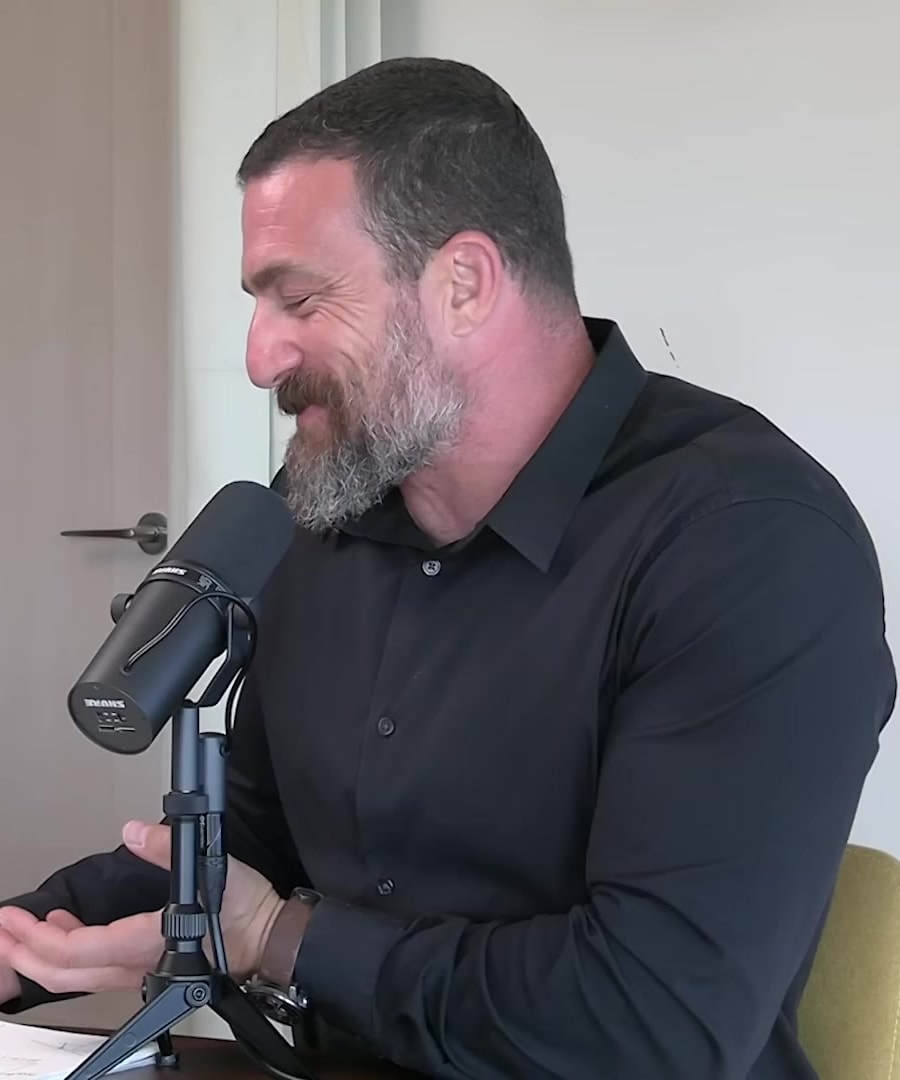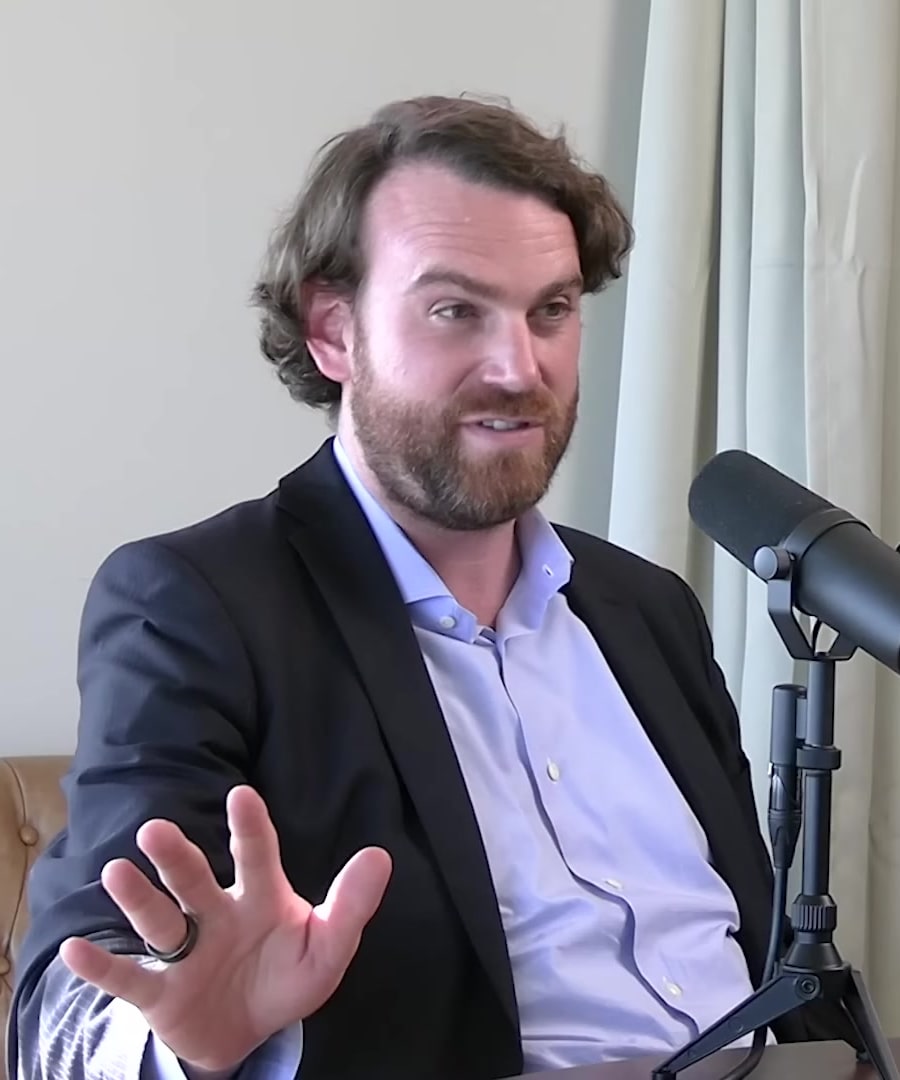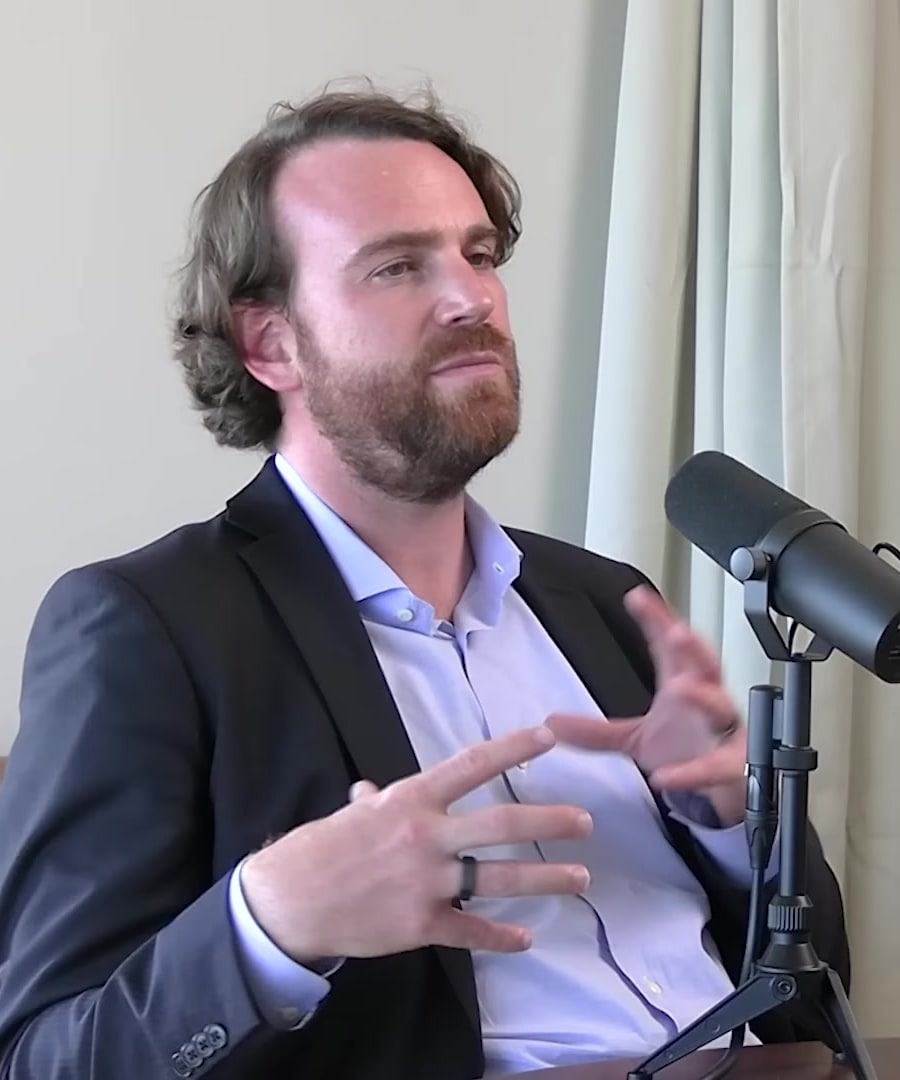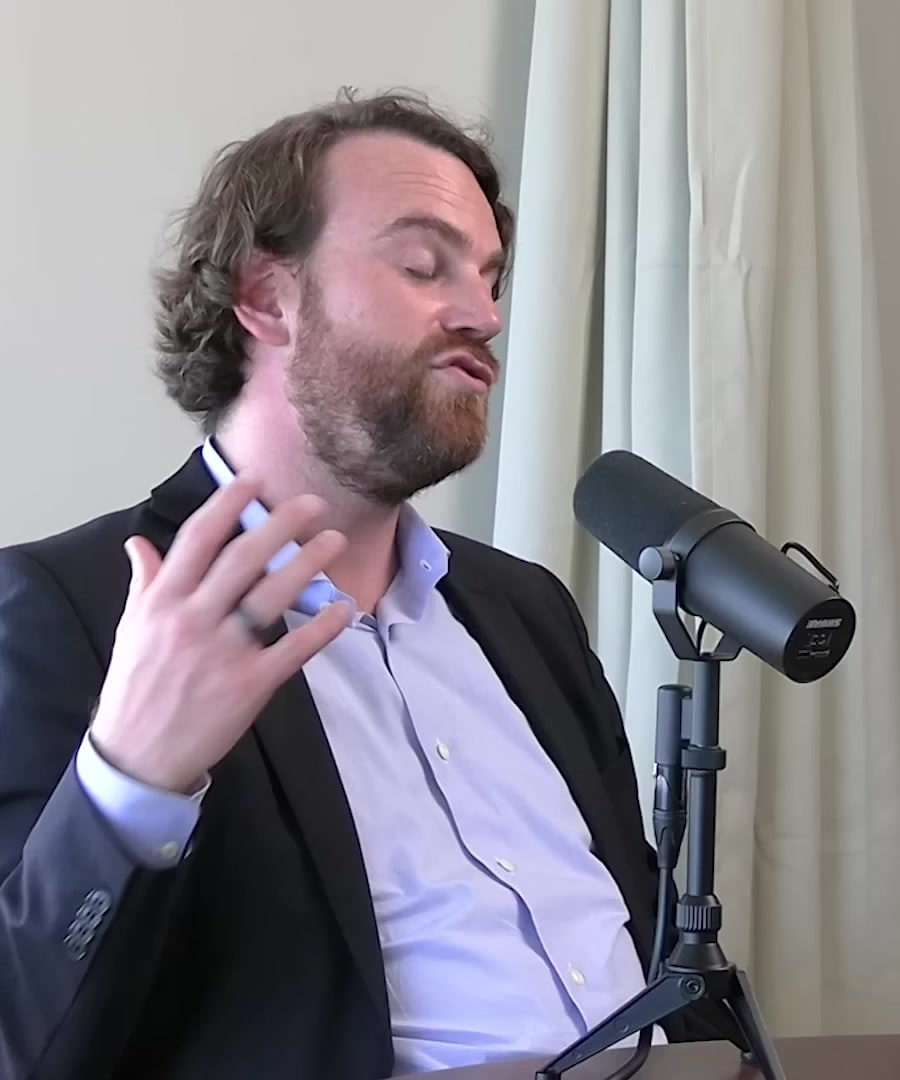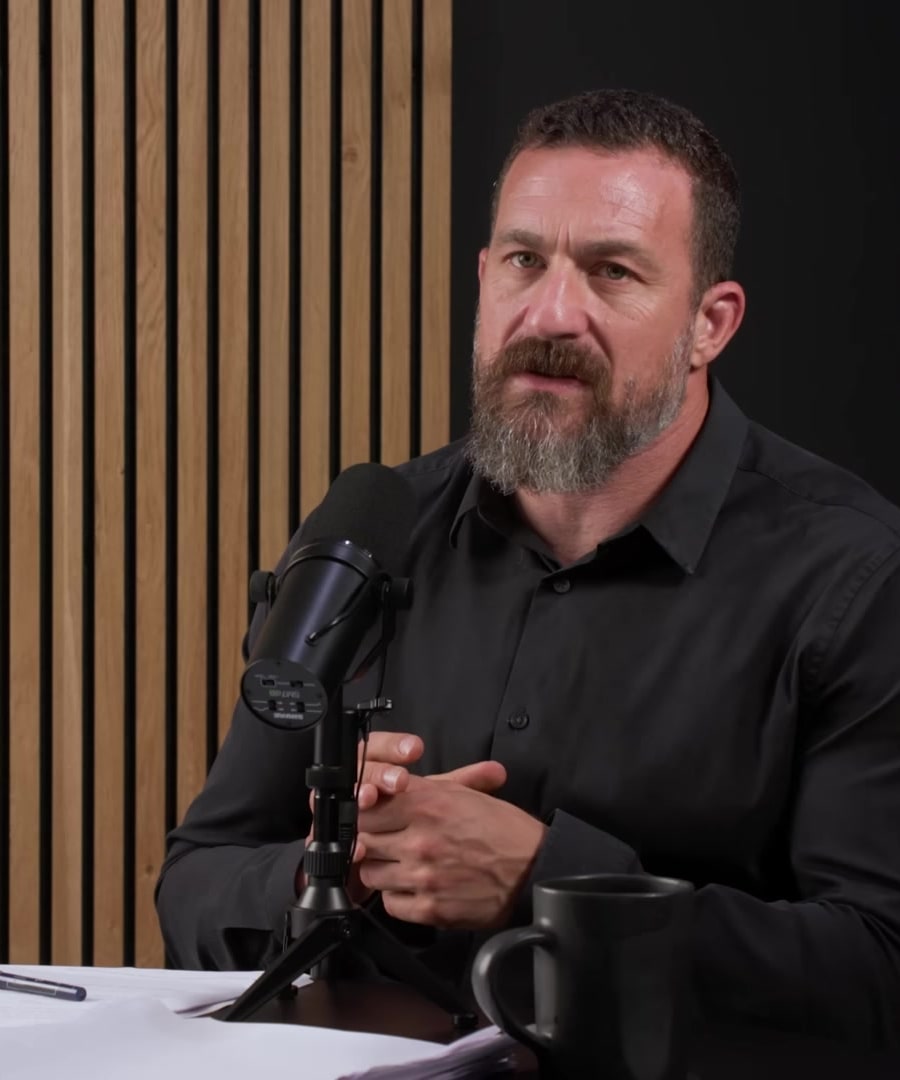Ibogaine
Sources:
Ibogaine is a powerful and atypical psychedelic derived from the root bark of the Iboga tree, traditionally used by the Bwiti people of Gabon in religious ceremonies. Its effects differ significantly from those of other psychedelics like psilocybin and LSD, as it doesn't cause visual perceptual changes in the external world. Instead, it facilitates a profound introspective process where individuals re-experience past memories with a detached empathy, often described as a "life review" or "ten years of psychotherapy in one night" 1 2.
Ibogaine is particularly noted for its potential in treating addiction and PTSD. Users report significant improvements in mental health, including self-forgiveness and reduced symptoms of trauma, after ibogaine sessions. This can include dramatic behavioral changes, such as cessation of drug use and improved cognitive function in those with traumatic brain injury or severe depression. These effects are being thoroughly studied through neurobiological assessments and clinical evaluations, despite the significant cardiac risks associated with ibogaine use 3 4 5.
While not legal in the United States, research and clinical trials in other countries continue to explore ibogaine's therapeutic benefits, and it is often combined with other substances like 5-MeO-DMT to enhance its healing effects 1 4. For those interested in its traditional and clinical uses, the book "Breaking Open the Head" by Daniel Pinchbeck offers an in-depth look at ibogaine's cultural and spiritual context 1.
RELATED QUESTIONS
